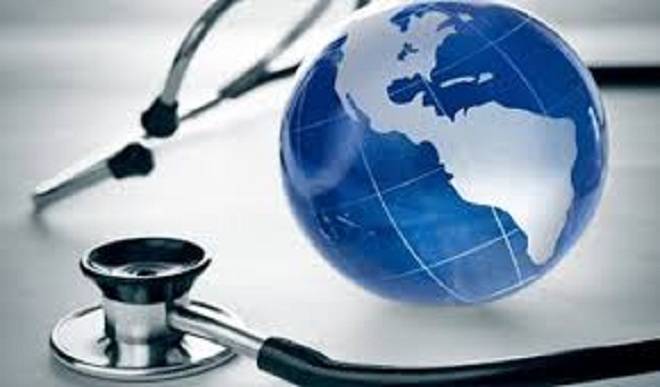Group decries attack on health facilities in Borno
The Public Services International (PSI), a global trade union federation, along with two of its Nigerian affiliates, the National Association of Nigerian Nurses and Midwives (NANNM) and the Medical and Health Workers Union of Nigeria (MHWUN), have condemned attacks on health and social care workers in the north eastern part of the country by Boko […]

The Public Services International (PSI), a global trade union federation, along with two of its Nigerian affiliates, the National Association of Nigerian Nurses and Midwives (NANNM) and the Medical and Health Workers Union of Nigeria (MHWUN), have condemned attacks on health and social care workers in the north eastern part of the country by Boko Haram terrorists.
The union, in a statement issued to newsmen by the PSI IDP Project National Coordinator, Moradeke Abiodun-Badru, noted the recent upsurge in attacks on health facilities in Magumeri Local Government Area Borno State.
She said the Federal Government needs to do more to protect the lives of health workers who risk their lives for societal good; we urge security agencies to review their strategy.
PSI, while commending the Federal Government for its ongoing efforts to restore normalcy to the north-eastern part of the country, said the government and international leaders must not only condemn those atrocities but take prompt action to prevent them from happening in the future and to ensure the safety of frontline workers.
The statement reads: “We are deeply concerned that these recent upsurges in mayhem have targeted harmless and defenseless social service providers. Recent statistics by the United Nations Office for the Coordination of Humanitarian Affairs (UNOCHA) revealed that over 37 aid workers have lost their lives to terrorism over the last decade in Nigeria.”
These devastating findings reveal continued violations of international humanitarian laws and United Nations resolutions designed to protect health workers in conflict zones.
“Terrorist attacks deprive populations of access to healthcare because facilities are closed, infrastructure is damaged, and health care providers have to withdraw their staff in the event of attacks. “These attacks also impede attempts to tackle outbreaks of diseases, vaccination programmes, and emergency situations (like flooding which is currently ravaging the state).”
